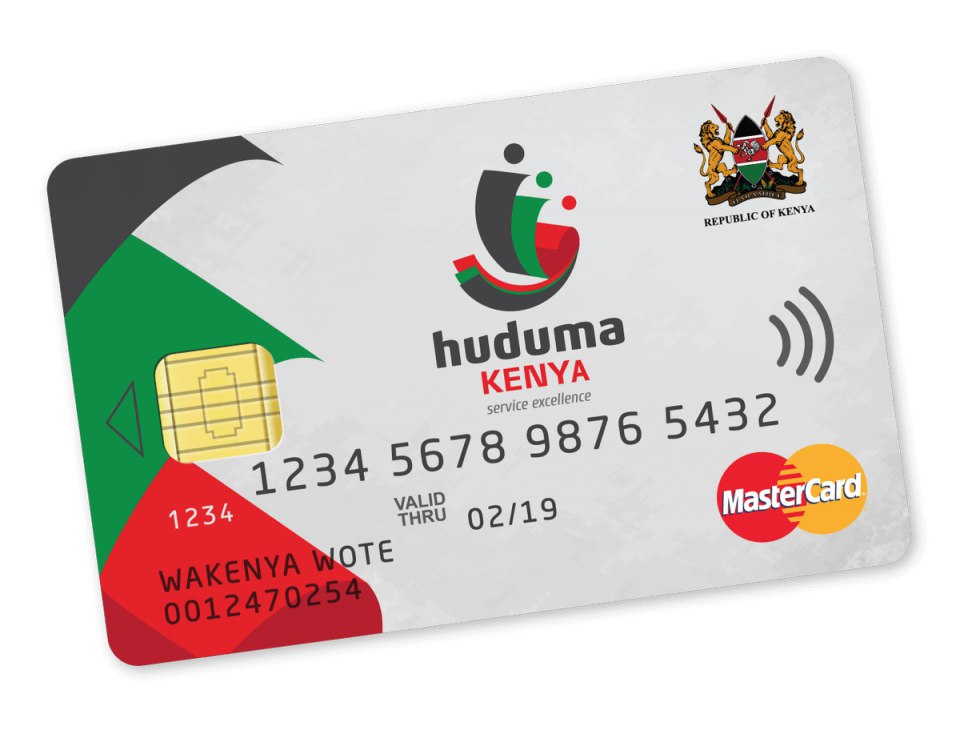How can you delete your huduma namba and NIIMs details from the government database?
Kenyans have now been given an option to opt out and delete their personal data and also expunge their National Information Integrated System (NIIMS) and the Huduma Namba details. To do that, one is required to write to the government giving reasons why they object and to opt out. Literally, explain to the State why you fear how your data will be used for or against you.
“A civil registration entity shall seek consent from a data subject for processing of personal data at the time the personal data is collected. A civil registration entity shall collect personal data which it is permitted to collect by the data subject, undertake steps to ensure the quality of personal data and undertake processes to secure personal data. ” says the Data Protection Civil Registration Regulations, 2020 released yesterday.
According to the ministry of interior and ICT, the regulations are one of two sets of draft of legislation introduced to correct flaws in the Huduma Namba registration conducted last year that was halted by a court challenge from civil rights organisations.
The High Court last month said there was need for a clear regulatory framework to address the possibility of exclusion in NIIMS before the Huduma Namba registration programme kicked off.
“An inadequate legislative framework for the protection and security of the data is clearly a limitation to the right to privacy in light of the risks it invites for unauthorized access and other data breaches,” ruled a three-judge bench.
Anand Venkatanatayanan, an expert witness in the case, said centralization of personal data would be a threat, inviting cyber-criminals and hackers to attempt to access valuable data sets on citizens. The State was hard-pressed to explain the necessity of spending Sh6 billion on a fresh registration process without enacting the data protection law as had been advised by experts in the public and private sectors.
The Huduma Card is a prepaid card with chip and PIN technology that will connect all Kenyans to the formal financial sector by providing a secure, reliable and flexible payment option. The Huduma Card, powered by Mastercard, is currently being issued by Commercial Bank of Africa (CBA), Diamond Trust Bank (DTB), Equity Bank and Kenya Commercial Bank (KCB), with no bank charges being allocated to citizens when registering for the smart card.
Kenyans will be able to pay for an array of Government services such as the National Hospital Insurance Fund (NHIF), National Social Security Fund (NSSF) amongst others. Citizens issued with the smart prepaid card will automatically be enrolled in vital government services such as the National Social Security Fund and the National Hospital Insurance Fund, ensuring all Kenyans benefit from these initiatives.
Uhuru Kenyatta and William Ruto were accused of manipulating social media users to win elections. They did not just benefit from Cambridge Analytica’s social engineering and psychological warfare tactics in the 2013 and 2017 elections, but it also employed a gang of bloggers known as The State House Boys to bombard Kenyans with propaganda prior to and during the election period.


















